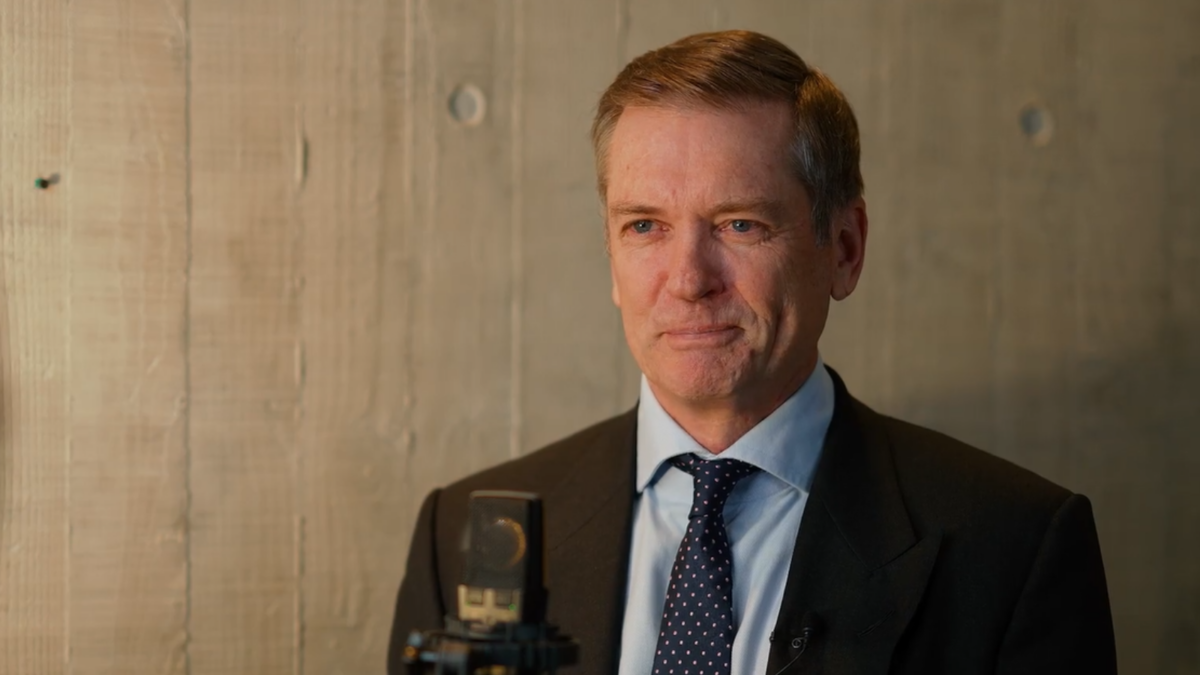Why investors should learn to love the bomb
The chances of a nuclear apocalypse are allegedly higher now than during the Cold War – but from a financial perspective, investors should “largely ignore existential risk.”
A note from Canada-based BCA Research warns that the world now faces a ten per cent chance of a nuclear war – but that the prospect of nuclear Armageddon doesn’t mean investors should stop buying equities. Far from it. It seems that even in the face of the end of the world, there still is no alternative.
“Despite the risk of nuclear war, it makes sense to stay constructive on stocks over the next 12 months,” BCA wrote in the note, titled “Rising Risk of a Nuclear Apocalypse”. “If an inter-continental ballistic missile is heading your way, the size and composition of your portfolio becomes irrelevant. Thus, from a purely financial perspective, you should largely ignore existential risk, even if you do care greatly about it greatly from a personal perspective.”
One is reminded of that New Yorker cartoon from 2012, where a man in a mangled suit sits around a fire with three children, a blasted cityscape looming through the murk behind him. The caption: “Yes, the planet got destroyed. But for a beautiful moment in time we created a lot of value for shareholders.” Or on the flipside, the samurai Hagakure – out of favour with financial types compared to Sun Tzu’s 5th century BC Wall Street classic The Art of War – which proposes that we all meditate on “being ripped apart by arrows” every day. A gloomy lot, those samurai.
Of course, BCA doesn’t go into much detail about how it arrived at that ten per cent figure, and our readers likely know as well as we do that old adage: “If it bleeds, it leads.” Predictions of the end of the world make for dark but compelling reading. BCA’s note has accordingly done the rounds of the financial media.
What the note doesn’t get into is the significant variability in the outcome of any nuclear war. The setbacks that Russia’s military has faced in Ukraine reflect poorly on the potential sophistication of its nuclear forces; nuclear weapons today tend to be less radioactive in the long-term than the bombs dropped throughout history; and both NATO and Russia would likely be more interested in targeting military targets in the northern hemisphere rather than civilian targets there or anywhere else. Current models of all-out nuclear war suggest that many parts of the world would remain habitable – though that would be cold comfort to those in the parts reduced to glass.
A nuclear war would be very bad. “Civilisation ending” is another thing altogether. What’s more likely – and another scenario that BCA Research posits – is that markets freak out anyway, “similar to what happened at the outset of the pandemic.” Google searches on Russian nuclear weapons have spiked in recent months. The irony of BCA’s note is that if it keeps publishing such things, the likelihood of just such a freak-out will only increase. Perhaps investors should learn to stop worrying and love the bomb.











